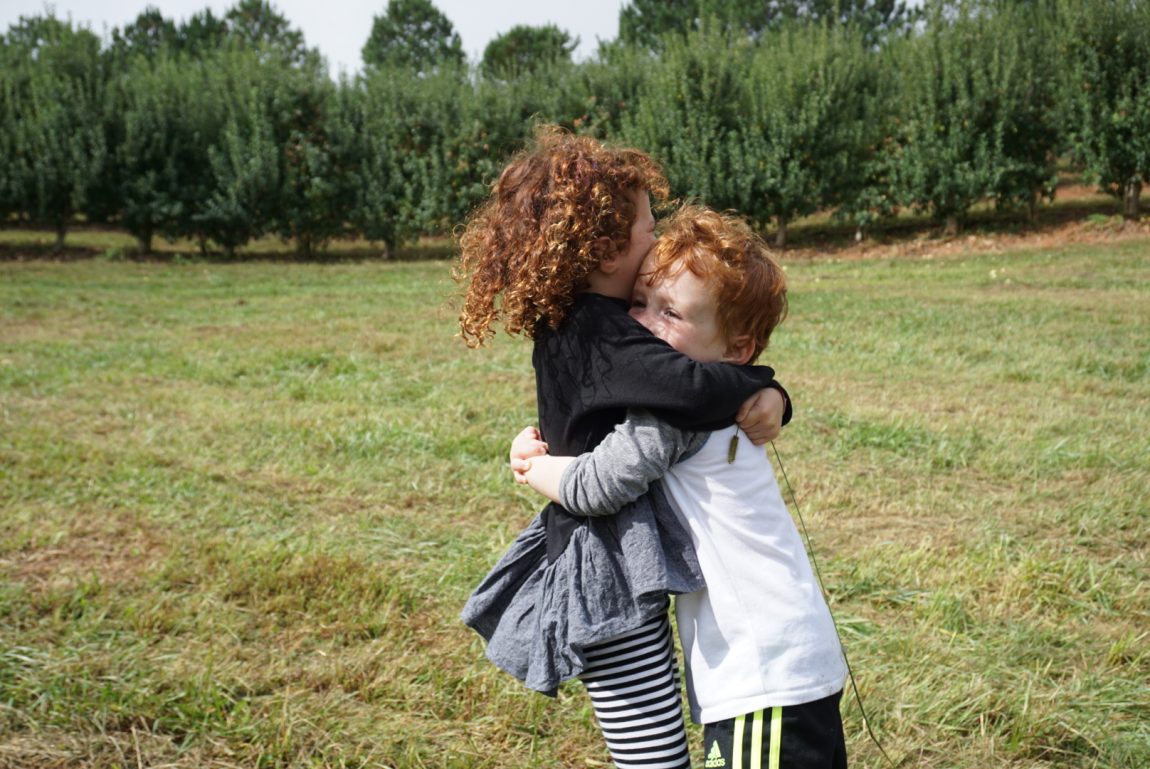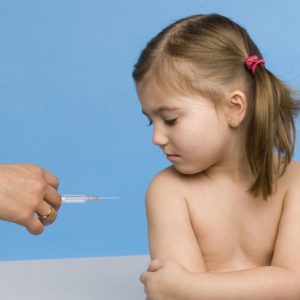
The Itchy Truth About Head Lice: A Pediatrician’s Breakdown
Head lice! The thrills of parenting! Most of us will not make it through the elementary school years without some sort of head lice drama. The minute we find out there is a case of head lice in our child’s class we start to ask ourselves, is the classroom dirty, what child brought this into the school, and how come I was not informed sooner? Before you start looking for a new school for your child, I am here to assure you that getting lice has nothing to do with cleanliness. Head lice can cause great stress and anxiety for parents. So today, we will be breaking down the itchy truth about head lice and discussing my tricks and tips to getting through this parenting nightmare.
Basic Facts about Lice (a total nightmare as parents)
What is Head Lice? According to the American Academy of Pediatrics: Head lice are tiny insects, about the size of a sesame seed (2–3 mm long). Their bodies are usually pale and gray. Head lice feed on tiny amounts of blood from the scalp and if they are not on a person’s scalp, they can usually only survive about a day. They lay their eggs close to the scalp. Head lice live about 28 days. They can multiply quickly, laying up to 10 eggs a day. It only takes about 12 days for newly hatched eggs to reach adulthood. This cycle can repeat itself every 3 weeks if head lice are left untreated. Lice is typically passed through close person-to-person contact, making things like shared costumes, coats and hats, or sleepovers easy ways for kids to contract lice from a friend.
How Contagious is Head Lice? According to the Centers for Disease Control (CDC), there are about 6-12 million cases of head lice each year in this country. Lice is considered most common among pre-school to elementary aged kids. Lice do not have wings or powerful legs, they move from host to host by crawling. Therefore, the most common way to spread head lice is direct head to head contact. Although you should avoid sharing hats, brushes, and towels, the most common way children spread head lice is from social gatherings or just being together in school.
There is someone in my child’s class that has head lice, is there anyway to prevent my child from getting it? Although there is no way of preventing your child from getting head lice, there are things that you can do decrease the chance of infestation:
- Pull their hair back. There is some evidence that suggests that girls are slightly more likely to get lice than boys. Keeping their hair tied up in braids or buns may lower chances of an infestation. It has also been suggested that hair spray helps to prevent the lice from attaching itself to the hair, but more research is needed.
- Lice preventing shampoo and spray. Lice do not like strong smells and are repelled by smells such as tea tree oil, menthol, eucalyptus oil, lavender oil, rosemary oil, lemongrass, and citronella. There are shampoos on the market that utilize these smells to help prevent your child from getting head lice. So cozy makes a great Lice away shampoo and spray.
- DIY Lice Repellent. Just add a few drops of these essential oils (tea tree oil, eucalyptus oil, lavender oil, rosemary oil) to your child’s shampoos and conditioners for added protection. You can also mix a few drops with water in a spray bottle and spray hats, jackets, or even your child’s head to ward off lice. Please be sure that you keep these oils out of the reach of small children, as they can be dangerous if ingested.
How do I know if my child has head lice? In most cases, you will not see the lice, but rather the lice eggs also known as nits. Lice eggs are tiny white drop-shaped sacs that become attached to the hair near the scalp. Many times lice eggs can be mistaken for dandruff. However, because it attaches to the shaft of the hair, it is much harder to get out than dandruff. You can also expect that your child will complain of itching. When in doubt, make sure to have your child evaluated by his pediatrician.
How can I get rid of head lice? Will Over The Counter Lice Products Work? The FDA has approved over-the-counter (OTC) lice products as safe and effective when used according to the drug facts label instructions. In order to feel confident and sure of the OTC lice treatment products, parents need to know the ingredients! Those ingredients are Permethrin, most commonly found in the OTC product Nix or Piperonyl Butoxide and Pyrethrum Extract, most commonly found in Pronto or Rid. KnowyourOTCs.org is an amazing resource to help guide parents with any fears or questions about OTC lice treatments. It is important that after treatment, you make sure to wash all bedding, towels, and clothes in hot water to be sure no nits are left behind. It is important to work with your pediatrician to make certain that your child has been treated successfully before returning to school.
Here are 10 important safety tips for applying Lice Medication from the American Academy of Pediatrics :
- Follow the directions on the package exactly as written.
- Medicine should be applied by an adult, never the child.
- Do not use medicine on a child 2 years or younger without first checking with your child’s doctor.
- Do not use or apply medicine to children if you are pregnant or breastfeeding without first checking with your doctor.
- Always rinse the medicine off over a sink and not during a shower or bath, so the medicine doesn’t run off the head onto other areas of skin. Place your child’s head over a sink and rinse the medicine off with warm water (not hot water).
- Never place a plastic bag on a child’s head.
- Do not leave a child alone with medicine in his or her hair.
- Store medicine in a locked cabinet, out of sight and reach of children.
- Check with your child’s doctor before beginning a second or third treatment. Your child may need repeat treatment 7 to 9, or 9 to 10 days after the first treatment depending on the medicine.
- Ask your child’s doctor if you have any questions.
I’m proud to take part as a blogging ambassador with the CHPA (Consumer Healthcare Products Association) Educational Foundation and KnowYourOTCs.org. This is a Sponsored Post! While I Have Received Compensation From The CHPA Educational Foundation, All Opinions Are My Own.




So interesting Katie, great job!